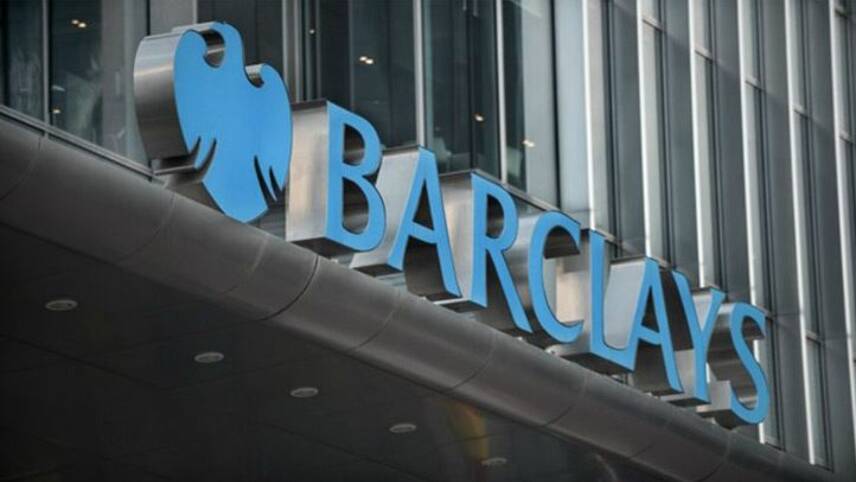Register for free and continue reading
Join our growing army of changemakers and get unlimited access to our premium content

The move comes after months of mounting pressure from investors and climate activists. Image: Barclays
Barclays said the move, within its operations, will build on an existing commitment to source 100% renewable energy globally by 2030, with an interim goal of 95% by 2025.
Meeting this goal will already mitigate the majority (80%) of Barclays’ absolute global emissions within five years, given that its carbon footprint is largely accounted for by Scope 1 (direct) and Scope 2 (power-related) sources. The bank has not yet confirmed how it will address the remaining 20% of operational emissions under its new commitment.
The new commitment, however, does include more concrete measures on decarbonising products, services and large-scale finance activities more rapidly.
It states that Barclays will set numerical, time-bound targets on decarbonising its investments in energy companies this year and begin reporting progress “regularly” and “transparently” from 2021. Targets and reporting procedures will be approved at the next annual general meeting on Friday (3 April) through the passing of a shareholders’ resolution.
Time-bound, numerical targets will then be developed for other sectors Barclays invests in “over time”, the bank said in a statement, as will more ambitious targets for investing in green innovation. On the latter, Barclays has set a short-term commitment today (30 March) to provide £100bn of green finance by 2030 – £175m of which will be allocated to “environmental innovation” by 2025.
“We’ve already started work on creating the new, open-source tools required to map the greenhouse gas emissions of our portfolio – building on and extending the work already done in the scientific community and across the financial services industry,” Barclays’ chairman Nigel Higgins said.
Controversial approach
Barclays’ announcement has been described as a “shock” by several key green economy figures – both in that it comes amid a UK-wide lockdown aimed at slowing the spread of coronavirus, and that it follows a string of accusations that the bank is failing to finance the low-carbon transition in line with the Paris Agreement.
A report last year by NGO ShareAction revealed that Barclays had invested more than $85bn into fossil fuel projects, making it the largest European funder and sixth largest globally.
This finding prompted green groups including Greenpeace UK and Extinction Rebellion to take direct action against the bank, with members of the latter staging high-profile protests at Barclays’ Northampton HQ and branches across the UK, including in Cambridge and Manchester.
It also prompted further joint research from Rainforest Action Network, BankTrack, Indigenous Environmental Network, Oil Change International, Reclaim Finance and Sierra Club, which ultimately concluded that Barclays has been the top European financier of fossil fuels in the last four years.
ShareAction, whose supporters include several of Barclays’ top shareholders, first put forward a formal proposal for the bank to align its portfolio with the Paris Agreement’s 1.5C trajectory – a move what would require total divestment from fossil fuel firms – in January. ShareAction’s proposal additionally included a requirement for Barclays to help deliver a “just transition” for workers in high-carbon industries.
Responding to today’s announcement, ShareAction’s director of finance strategies Wolfgang Kuhn dubbed it a “win for investor stewardship in the UK”.
“The test is now on investors who are serious about climate change to translate this ambition into a strong fossil fuel phase-out plan by supporting both climate resolutions…,” Kuhn added, warning that the development of a 30-year ambition is “arguably” easier than delivering against it.
Greenpeace UK, however, has said that the new ambition is “absolutely meaningless” – as it contains no time-bound commitment for the absolute ending of fossil fuel investments. The group has also criticised Barclays’ decision to set the ambition in line with, rather than ahead of, the UK’s national target.
Sarah George


Please login or Register to leave a comment.